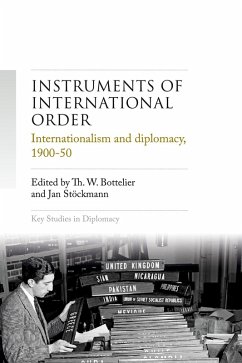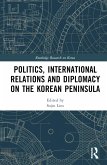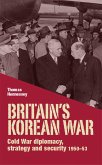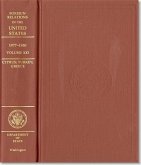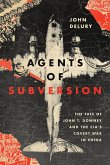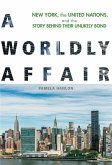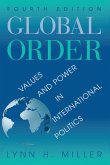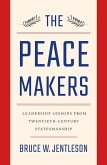This book offers a new look at the transformation of international politics in the first half of the twentieth century. This period saw the democratisation of foreign policy, ambitious attempts to build lasting peace and prosperity through international organisation, the rise of public diplomacy and education in international relations, and much else. Traditionally, this story is told as the transition from a conservative 'old' to an idealistic 'new' diplomacy. The chapters in this volume complicate this overly familiar tale by showing how these new international practices and principles came to be shared by traditional diplomats and internationalist newcomers alike, blending new and old forms of diplomacy. The chapters explore these hybrid diplomatic repertoires as social constructions that could serve various political ends. The book thus demonstrates how once radical proposals for doing international politics differently - such as international courts, public relations, or disarmament - became regular pieces in the modern diplomatic toolbox: instruments of international order. To illustrate this process, the book brings together both historians and theorists of international relations. Its chapters draw on a range of new archival evidence and consider understudied actors and venues, from Ethiopian diplomats and European imperial proconsuls to drug prohibitionists and the League of Nations Assembly. Instruments of international order is an essential contribution to the origins of modern diplomacy, the history of internationalism, and the study of international order.

